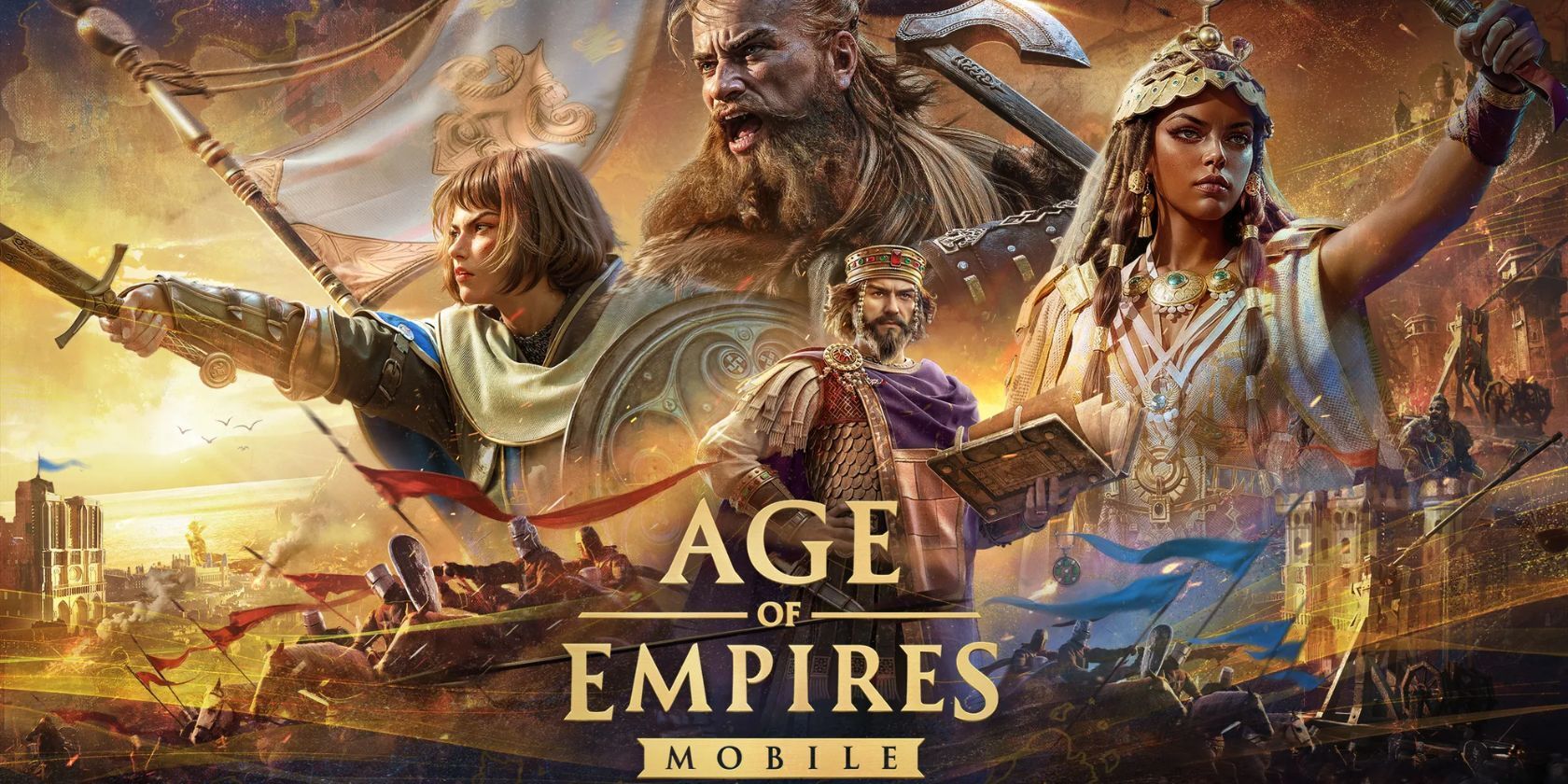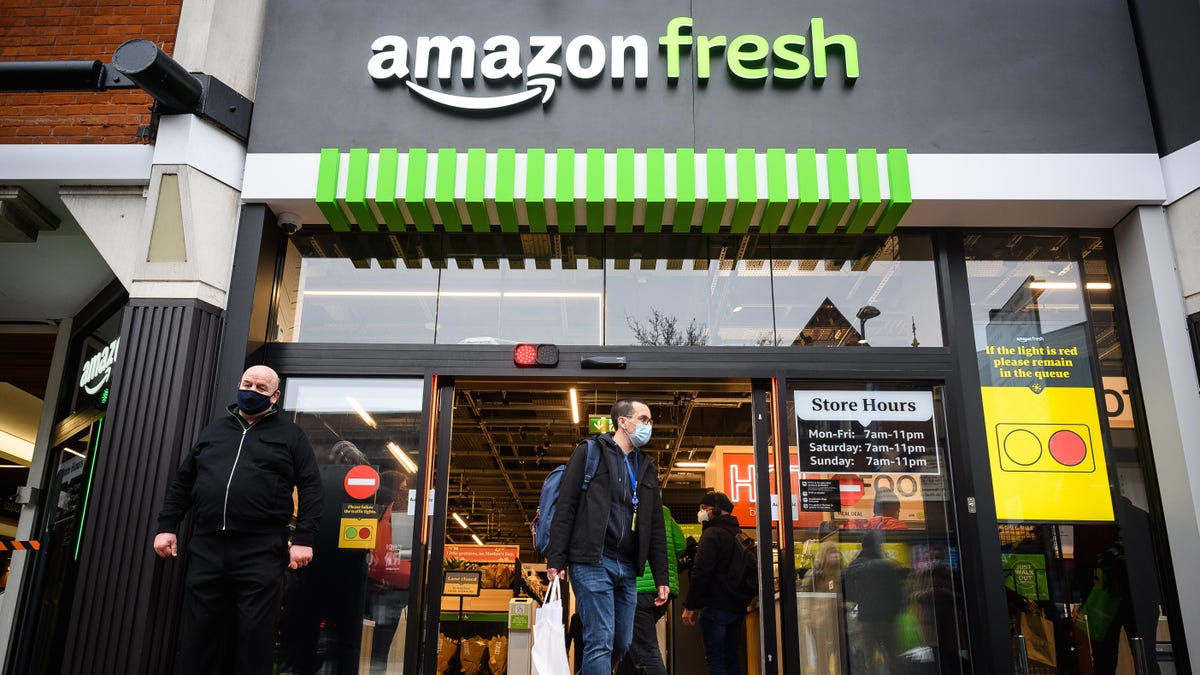

Nobody wants energy stored for months. Whatever storage is used needs to get through temporary decreases in efficiency. In places that use solar, that means from one afternoon to the next morning. In places that use wind, it means until the wind picks up. We’re talking storage on the order of tens of hours at the most.







I dunno if it’s “family sharing” or some other thing, but I can play games from my sister’s library through some means that I set up a couple of years ago.